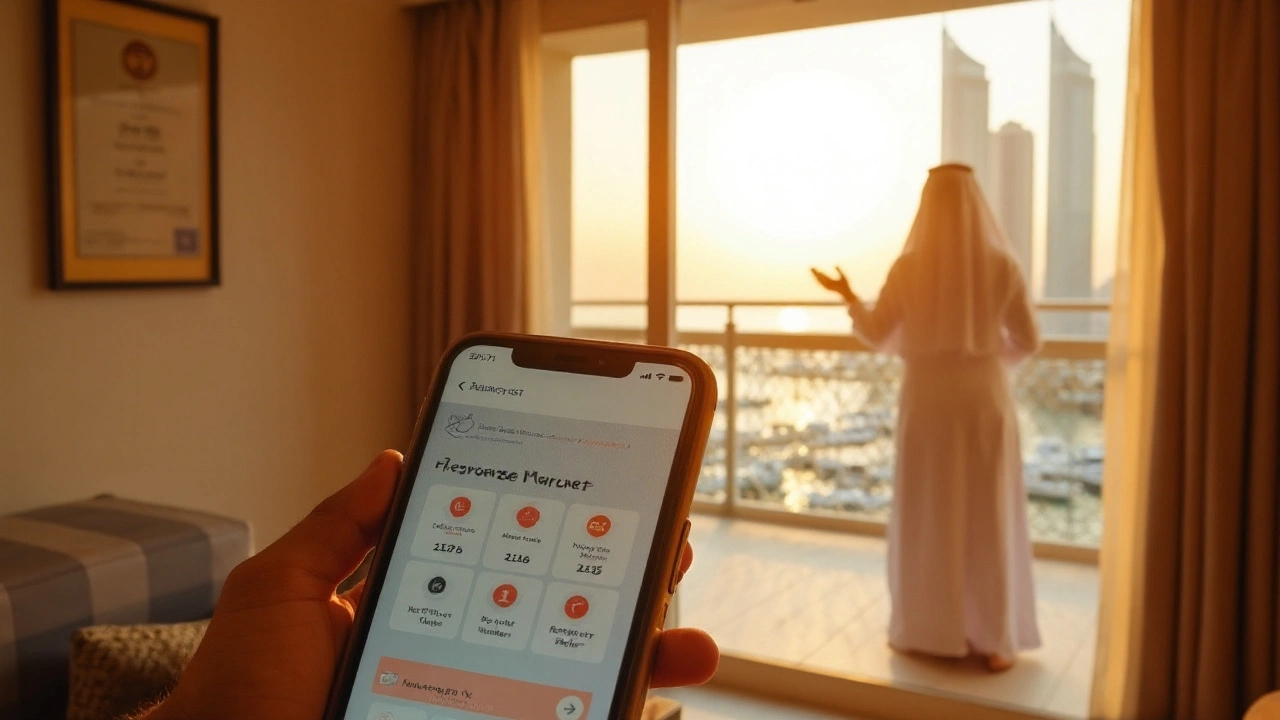Dubai Airbnb Rules: What Every Guest and Host Should Know
Thinking about staying in an Airbnb while you’re in Dubai? Or maybe you want to rent out your flat? The city has a few rules that can feel confusing, but they’re pretty easy to follow once you break them down. Below we cover the basics – licensing, taxes, safety, and guest etiquette – so you can avoid hassles and enjoy a smooth stay.
Licensing and Registration for Hosts
Anyone who wants to list a property on Airbnb in Dubai must first get a short‑term rental permit from the Dubai Tourism and Commerce Marketing (DTCM). The process is online: you upload proof of ownership or tenancy, a copy of your Emirates ID, and pay the permit fee. Once approved, you’ll receive a permit number that must appear in every listing description.
If you’re renting a unit inside a building, check the community bylaws. Some towers forbid short‑term rentals outright, and violating those rules can lead to fines or even eviction. Always get written permission from the building management before you start hosting.
Taxes and Fees You Can’t Ignore
Dubai charges a 5% tourism fee on every night booked through a licensed platform. Airbnb usually adds this to the guest’s price and forwards it to the authorities, but you should still keep an eye on the receipt to make sure it’s paid.
In addition, the DTCM imposes a 4% service charge on the total booking value. This charge is also collected by the platform, but if you list outside of Airbnb you’ll need to handle it yourself. Keep a record of all payments – the tax office may request proof during an audit.
Another cost to consider is the security deposit. Most hosts ask for a refundable deposit to cover damage, and the amount is typically set in the listing. As a guest, read the deposit policy carefully and document the property when you check‑in to avoid disputes later.
Safety and Quality Standards
All licensed rentals must meet basic safety requirements: working smoke detectors, fire extinguishers, and clear emergency exits. Hosts are required to display a safety information sheet for guests. If you’re a guest and you don’t see these items, contact the host immediately – you have the right to a safe environment.
Cleaning standards have been tightened since the pandemic. Hosts must follow a certified sanitation protocol and provide a hygiene checklist. Guests should look for these docs in the listing description; they’re a good sign the host takes health seriously.
Guest Etiquette and Community Rules
Dubai is a Muslim‑majority city with its own cultural expectations. Public displays of affection are limited, especially in residential areas, so keep it low‑key inside the rental. Noise after 10 pm is discouraged – many buildings enforce quiet hours, and complaints can lead to penalties for both host and guest.
Don’t forget to respect the building’s amenities. If the property includes a pool, gym, or parking spot, follow the posted rules. Using these facilities after hours or blocking common areas can get you fined.
When you check out, leave the place as you found it. Take out trash, wash used dishes, and return keys to the lockbox or host. A clean checkout makes the host more likely to leave a positive review, which helps you get better listings in the future.
Quick Checklist for a Smooth Stay
- Verify the listing shows a DTCM permit number.
- Confirm the 5% tourism fee and 4% service charge are included.
- Check for smoke detectors, fire extinguishers, and a safety sheet.
- Read the house rules – especially noise and dress expectations.
- Document any pre‑existing damage before you arrive.
Following these steps keeps you on the right side of Dubai’s regulations and lets you focus on what really matters – enjoying the city’s skyline, beaches, and vibrant food scene. Have a question about a specific rule? Drop a comment, and we’ll help you sort it out.

Is Airbnb in Dubai? Legal Status, Rules, and Where to Stay (2025 Guide)
Yes, Airbnb operates in Dubai. Here’s how it works in 2025: legal status, permits, what to check before booking, best areas, prices, rules, and smart tips.
Read More